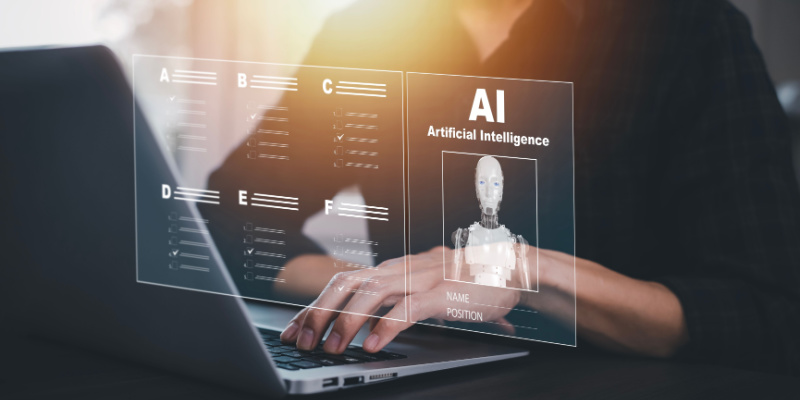Microsoft’s chief of AI, Mustafa Suleyman, predicts a year for AI assistants with “perfect long-term memory”.
In an exclusive BBC interview, he claimed that products that recall conversations, projects, and difficulties would inspire customers to spend more time with them and share more of their personal history with them.
“I think we’re moving to a fundamentally new age where there will be ever-present, persistent, competent co-pilot companions in your everyday life,” he said.
At this degree of integration, critics worry about data security and privacy, AI tools delivering inappropriate advice or erroneous information, and bias toward the person they are intended to aid.
Read also: Microsoft enhances Windows 11 with Gamepad Keyboard features for Xbox controllers
However, AI enthusiasts say that for these technologies to be genuinely helpful, they must be fully integrated into our lives and grasp the history and context of their tasks.
An AI diary manager can only arrange your diary if it can access, change, and save activity data.
What is AI?
Mr. Suleyman said that privacy expectations had evolved.
He said that TVs, computers, phones, in-car cameras, and earbuds are already “recording continuously everywhere” in everyday settings, citing the iPhone’s Live View function, which records video and audio while taking a photo.
Most folks like that feature, he added.
Some turn it off, but that’s a significant change in the default expectation of a shot.
He noted that the advantages of this innovation, whether individuals felt they could regulate their use, and whether they trusted the supplier were critical considerations in opting to use it.
Is Microsoft’s AI a game changer or a bubble?
Microsoft has invested billions in OpenAI, the originator of ChatGPT, and is a market leader as tech companies compete to create and control the powerful and quickly expanding technology.
However, evidence shows it needs to be used more consistently. In August, the Reuters Institute discovered that 29% of UK respondents had used ChatGPT, although only 2% did so daily.
Mr. Suleyman acknowledged that consumer AI products may be less popular than smartphones.
“Maybe this is different to the smartphone,” he remarked.
Nearly 90% of humanity owns a smartphone. It may be different. 50% will reject AI tools.
Though risky, AI has become the fastest-growing and most-adopted technology in history.
Many industry experts, like Goldman Sachs stock research chief Jim Covello, suggested that AI may become a bubble-like other IT revolutions. He firmly disagreed.
He told me about a woman he met who started her business with help from his Pi chatbot.
“We are producing personalised, interactive knowledge at your fingertips at zero marginal cost,” he added.
“The idea that this could be a bubble is incomprehensible.”
Read also: OpenAI’s ChatGPT gets a voice upgrade, redefining AI interaction
Microsoft added a voice feature, a daily news digest, and Think Deeper, a slower chatbot for more complex enquiries, to CoPilot today.
When enabled, CoPilot Vision will monitor web pages and “assist” online behaviour in its Edge browser.
According to the company, Vision cannot save data, must be turned on manually, and closes after each browser session.
Microsoft claims it will only operate with specific sites and has no release date.
After privacy groups and the UK’s data watchdog complained, the tech giant halted the deployment of Recall, an AI tool that collects screenshots every few seconds to help users find things they were looking at or working on, in the summer.
It will relaunch in November with more protection.




